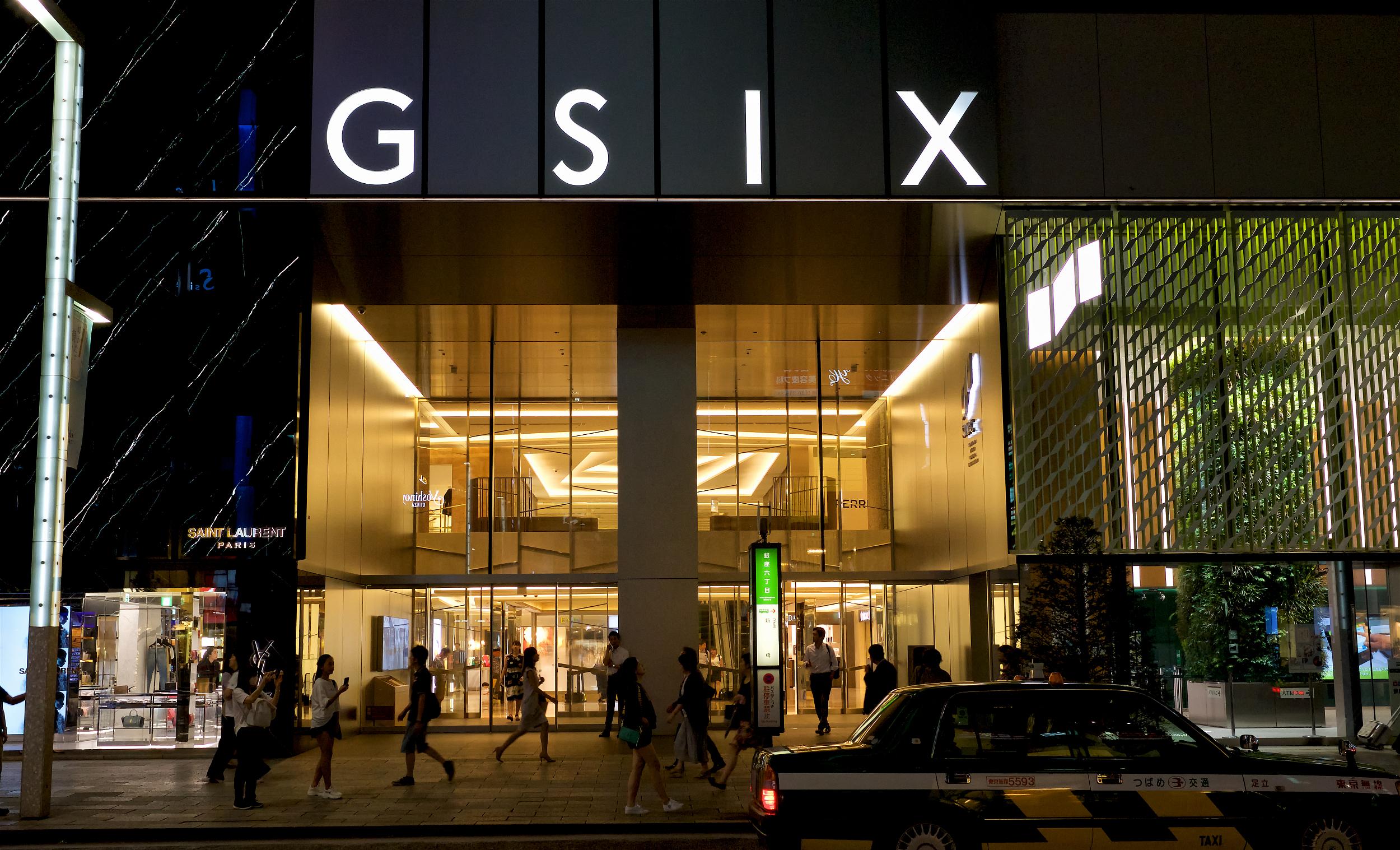Reporter | Huang Shan
Edit | Lou Shuqin
According to Reuters, due to the impact of the epidemic, as of January 2021, about 15 luxury and high-end brands have withdrawn from Ginza Six (GSix), a high-end shopping mall in Tokyo.
Ginza No. 6 said that more than a dozen luxury and high-end brands, including Italian luxury brand Moschino, makeup brands Shiseido and Uemura Shu, and high-end salon perfume retail brand Salon des Parfums, have closed stores in the mall.
The COVID-19 pandemic has led to a sharp drop in the number of international tourists to Japan, and coupled with the restrictions of Japan's domestic epidemic prevention measures, the High-end brand hotspot in Tokyo's Ginza area has lost a large number of luxury consumers.

Ginza 6 has the largest retail space in the Ginza area of Tokyo. The mall opened its doors in April 2017 with 241 retailers.
Ginza 6 is backed by the L Catterton private equity fund controlled by the Bernard Arnault family, chairman of French luxury giant LVMH Group, and Japanese retail giant J. Bergerton. Front Retailing。 Ginza No. 6 is a shopping mall that positioned itself as a combination of high-end retail and art earlier than Hong Kong K11.
Before the COVID-19 pandemic, Ginza 6 was considered a landmark in tokyo's Ginza area, opposite UNIQLO's large flagship store and nearby the Dover Street Market Ginza store owned by Kawabo Kuei.
Ginza No. 6 is loved by international tourists because of its friendly customer service policy to foreign tourists, especially Chinese tourists traveling to Japan. Ginza 6 Shopping Center features a huge tax refund service center, as well as a dedicated bus stop and huge luggage storage.
However, there are merchants who withdraw, and there are new merchants who enter. On January 26, Ginza No. 6 announced that on the fourth anniversary of the mall's opening, the brand will introduce 40 new brands in 2021. However, the number of high-end brands is limited, with only six brands such as Gucci Watches and Jewelry, THE ROW, and trend designer brands Off-White and Rick Owens.
According to JTB Tourism & Consulting, since April 2020, the international travel ban imposed due to the pandemic has caused the number of foreign tourists to Japan to fall to 1% to 2% in the same period in 2019.
Among them, the reduction of Chinese tourists to Japan has hit the Japanese tourism retail industry the hardest. According to the data, from 2012 to 2019, the number of Chinese tourists to Japan increased by at least 6 times, and the largest expenditure in Japan, accounting for 30% of Japan's total tourism retail revenue.
A number of department stores in downtown Tokyo that rely heavily on tourists have been greatly affected by this. In 2020, same-store sales of Mitsukoshi Isetan Holding Group, the parent company of Isetan Department Store, fell by more than 30% year-on-year, while sales of its Mitsukoshi Ginza store fell by more than 50% year-on-year.
According to the above report, Atsumi Gamou, head of the Japan Tourism Agency, said that in view of the strict epidemic prevention measures taken in Japan at this stage and the ongoing travel ban, Tokyo tourism retailers will suffer further losses due to the absence of Chinese tourists during the upcoming Chinese New Year.
"Duty-free retailers and retailers selling products that are popular with international tourists will be very difficult." The person in charge said, "In previous years, Chinese tourists would visit Japan during the Spring Festival holiday, and the implementation of the tourism ban at this time would bring great difficulties to the Japanese retail industry." ”